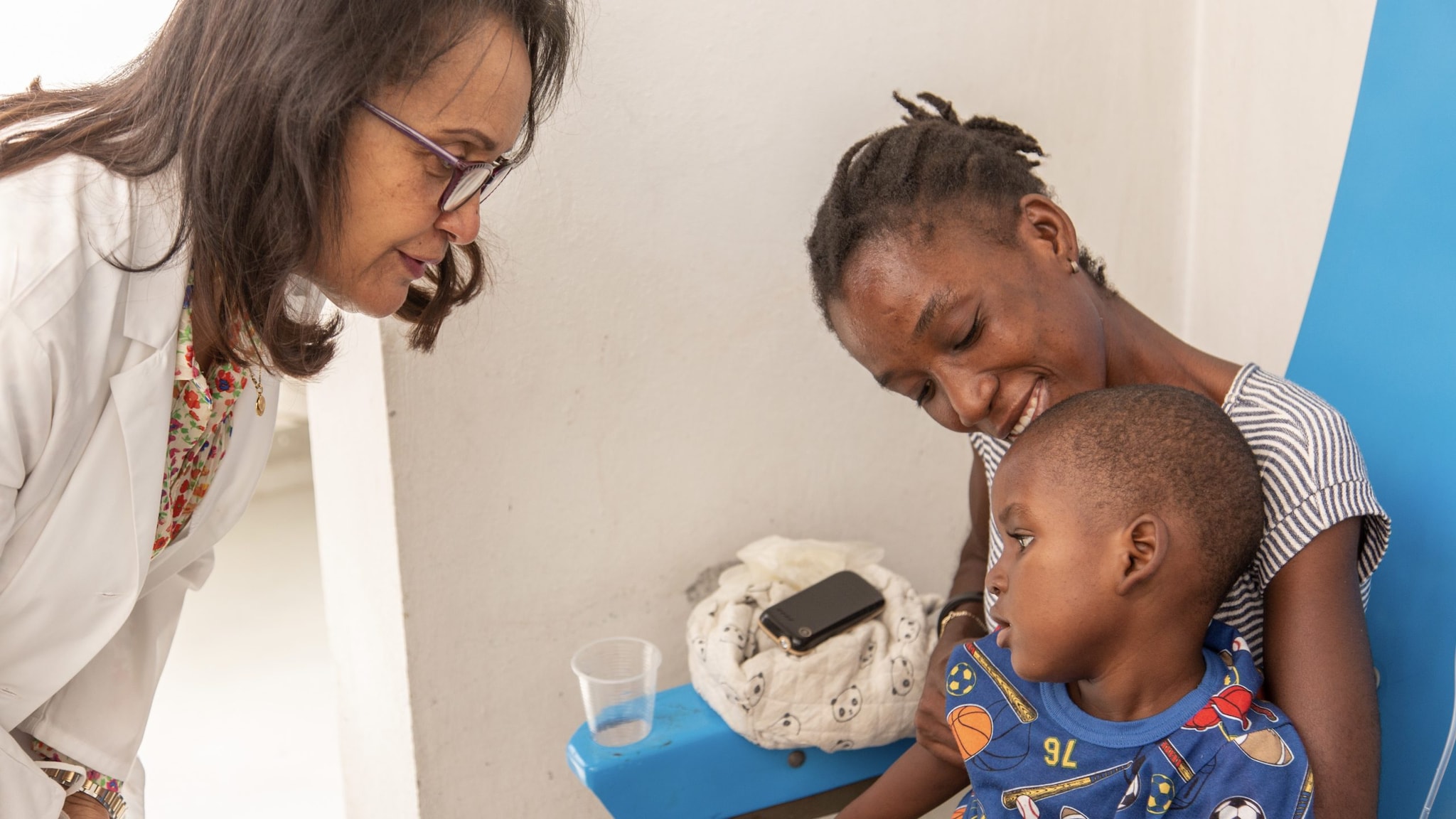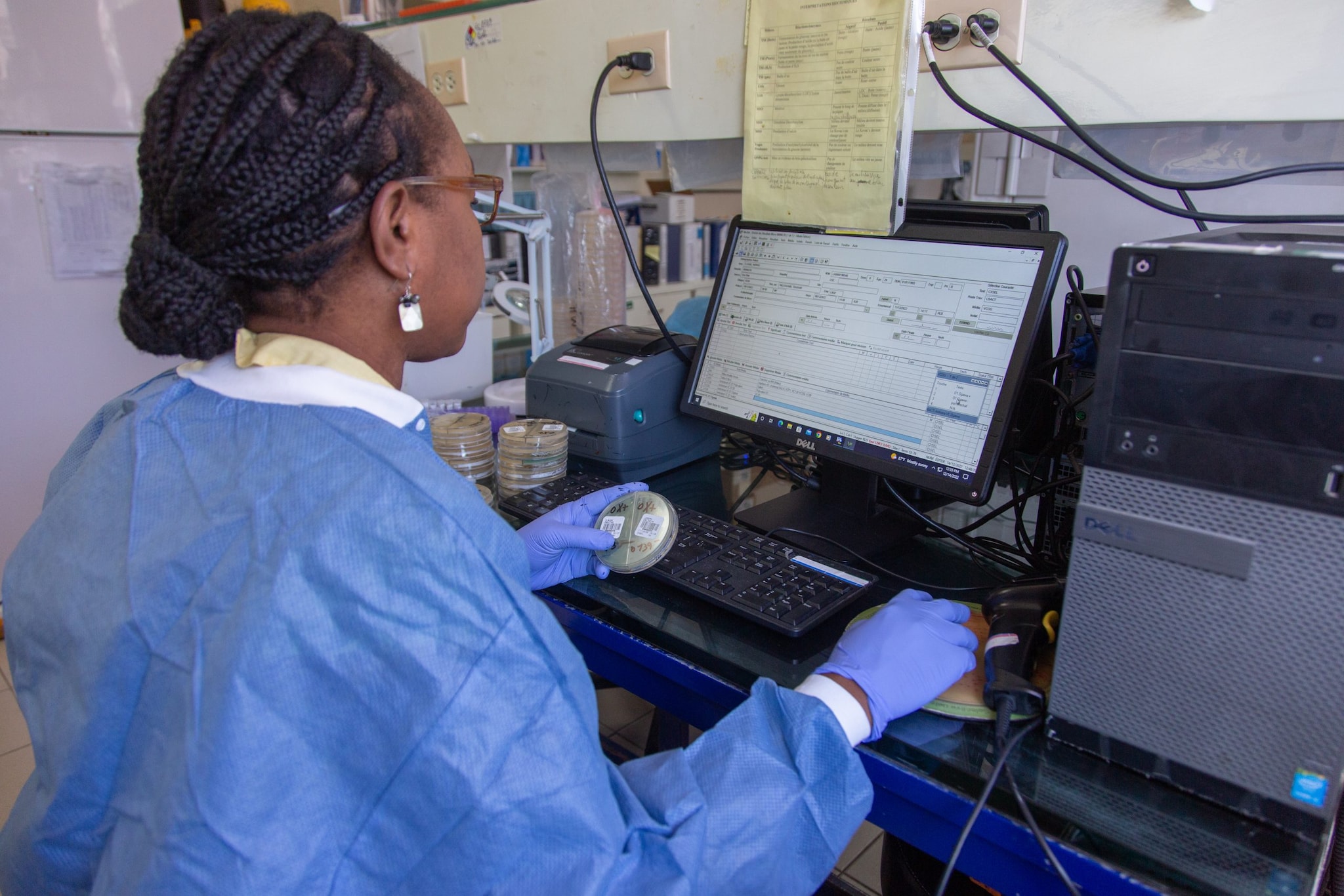Key points
- Testing a stool sample is usually needed to confirm if a single patient with acute watery diarrhea has cholera.
- Confirming if a patient has cholera is important since the disease can spread quickly and cause an outbreak.

Considerations
Laboratory testing of stool samples is necessary to confirm if a patient with acute watery diarrhea has cholera. However, confirmation is not necessary to initiate treatment (i.e., rehydration). Considering the clinical features of multiple patients who are part of a suspected outbreak of watery diarrhea can also be helpful.

Clinical case definitions
The Global Task Force on Cholera Control (GTFCC) recommends the following clinical definitions:
In areas where a cholera outbreak hasn't been declared
- A suspected case is any person 2 years and older presenting with acute watery diarrhea and severe dehydration.
- A suspected case is any person 2 years and older who died from acute watery diarrhea with no other known cause of death.
- A suspected case is any person 2 years and older who died from acute watery diarrhea with no other known cause of death.
- A confirmed case is any person infected with Vibrio cholerae O1 or O139, as confirmed by culture (including seroagglutination) or PCR. The bacterial strain should also be demonstrated as toxigenic (by PCR) if there is no confirmed cholera outbreak in other surveillance unit(s), and no established epidemiological link to a confirmed cholera case or source of exposure in another country.
In areas where a probable or confirmed cholera outbreak has been declared
- A suspected case is any person presenting with acute watery diarrhea, or who died from acute watery diarrhea.
- A confirmed case is any person with Vibrio cholerae O1 or O139, as confirmed by culture (including seroagglutination) or PCR.
When laboratory testing is limited or unavailable
The Crystal® VC Rapid Diagnostic Test (RDT) can provide an early warning to public health officials that a cholera outbreak is occurring. However, the sensitivity and specificity of this test is not optimal.
Fecal specimens testing positive for Vibrio cholerae O1 or O139 by RDT should be confirmed using culture-based methods or PCR.
Reporting cases
Cholera is a nationally reportable disease in the United States. All isolates should be sent to CDC through state health department laboratories for cholera toxin testing and subtyping.
